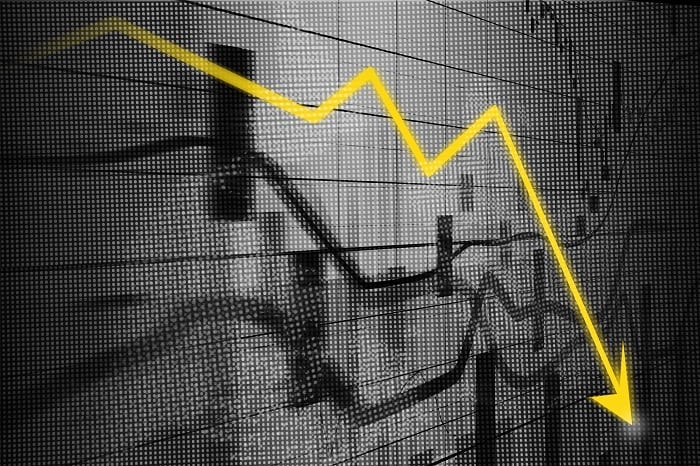Most (64.5%) actively managed funds failed to beat their benchmark indices over the past year, according to a new report from the London Stock Exchange Group (LSEG).
Investors in 9,036 active funds were worse off than if they had invested their savings in an index tracker. Of the funds analysed in the report, only 4,964 funds (35.46%) beat their benchmarks.
The study’s author and head of Lipper EMEA research at the LSEG, Detlef Glow, said that much of this underperformance was caused by their high fees, which do not impact indices.
On average, active funds made a loss of 2% over the period, underperforming their respective benchmarks by 4.3 percentage points. This was worse than the 2.4 percentage points of underperformance over the same period last year.
The results were even poorer for ESG funds, which declined 3.8% on average over the past 12 months.
They also underperformed on the upside – conventional active funds that beat their benchmark were up 5.5% on average, while top-performing ESG portfolios made a slightly lower total return of 5%.
See also: US CPI rises above expectations amid rate cut anticipation
Higher fees and expenses may have been a burden on active funds, but Glow said the conventional risk management process employed by firms was “the Achilles heel of the asset management industry”.
“Most asset managers measure the risk of their portfolios relative to their benchmark or index,” he explained. “As a consequence, the asset allocation decisions of portfolio managers are restricted by the weighting of the stock, sector, region, or country within the respective benchmark.
“This means that a portfolio manager might not be able to avoid an investment in a stock or sector which he/she expect to underperform.”
Likewise, Glow said fund managers measure too much of their portfolios’ performance in relation to an index. They perceive negative returns as a success, so long as the benchmark made a bigger loss.
This is not how investors see things. To them, any negative returns are taking away from their investment. Glow said an alternative approach needs to be taken if asset managers want to serve their clients responsibly.
“It would make sense that asset managers would implement some risk measures with regard to the absolute performance of their funds to align the interest of investors with the targets of the portfolio managers,” he said.
“Taking the absolute performance into consideration would also help to increase the resilience of a fund to market events since the portfolio manager could use cash as a risk buffer.”
See also: Ocorian: Compliance issues causes loss for 81% of alternative fund managers in three years










